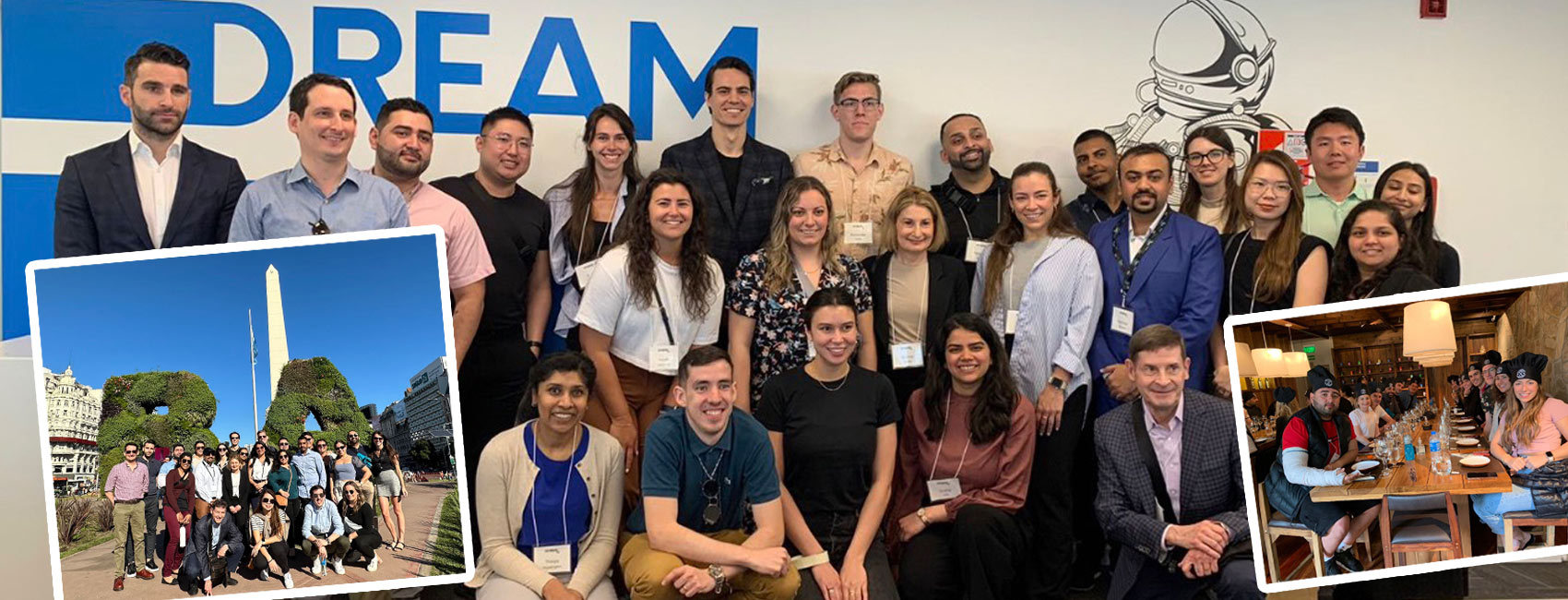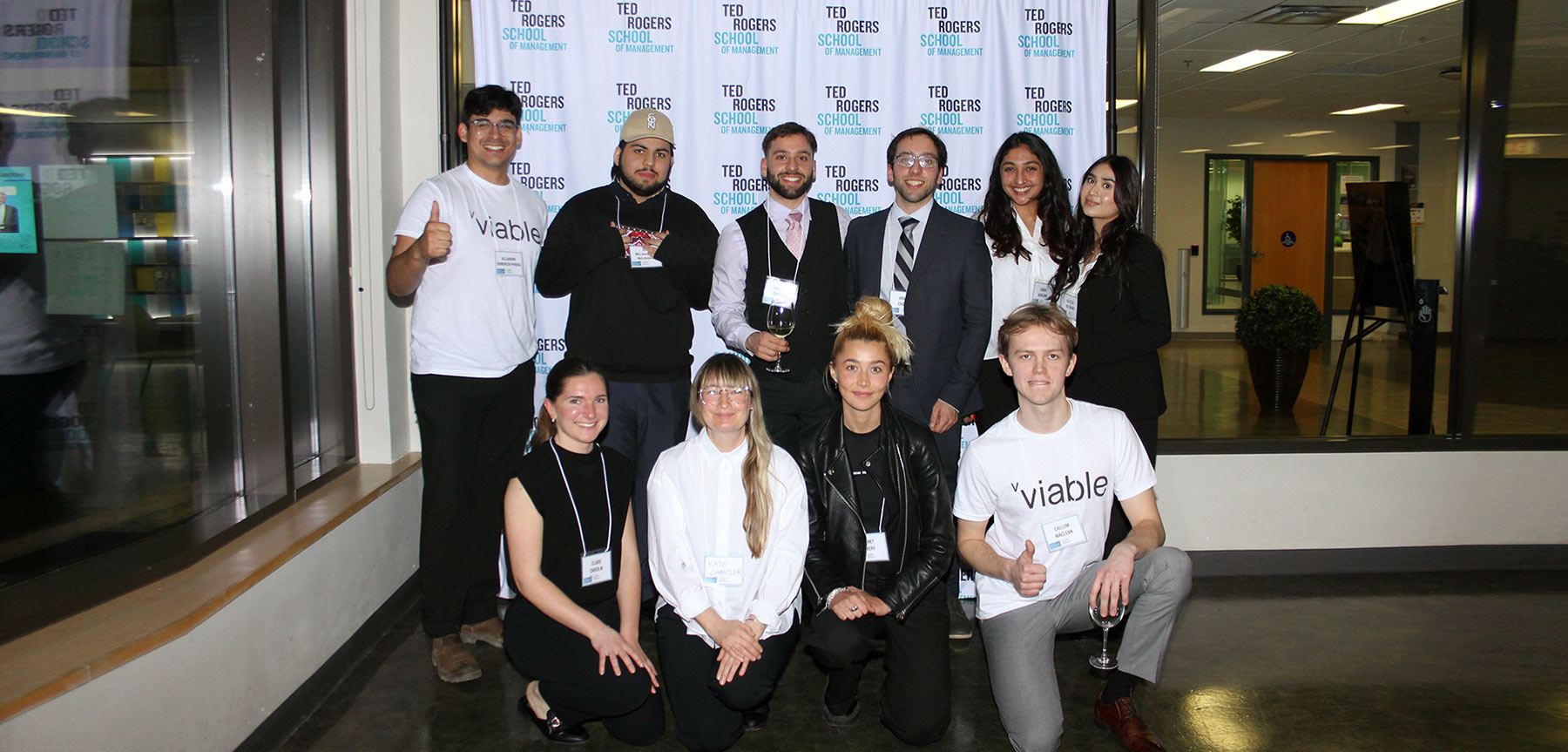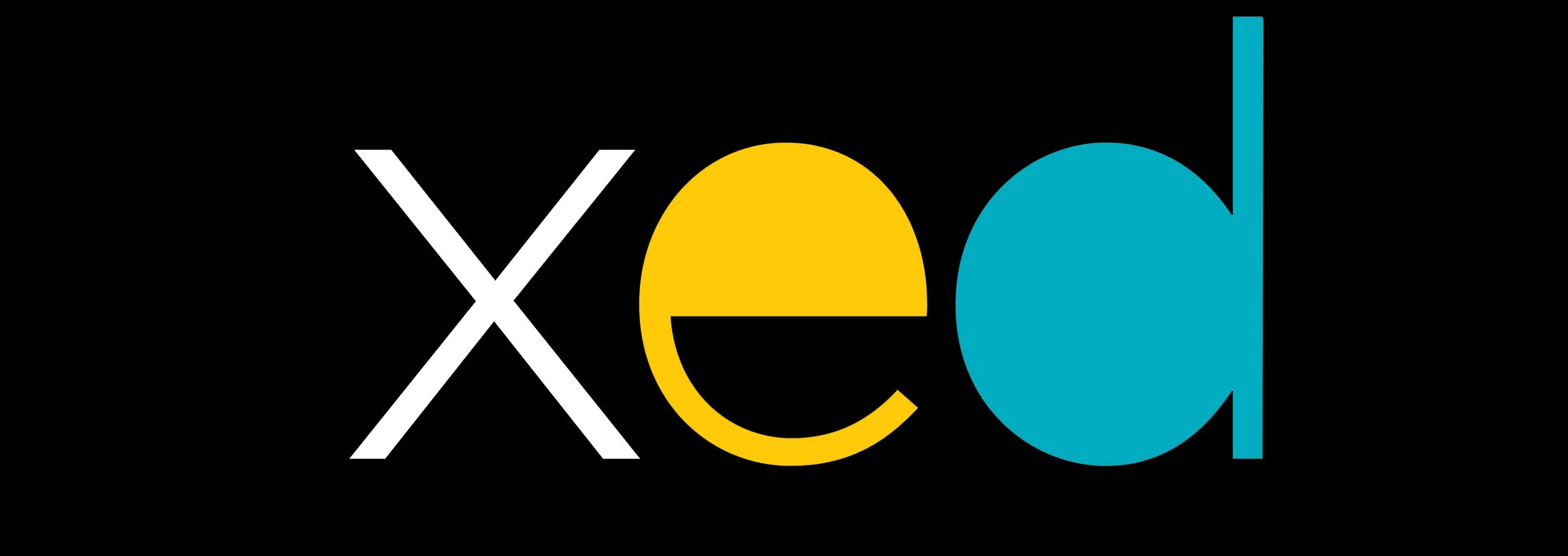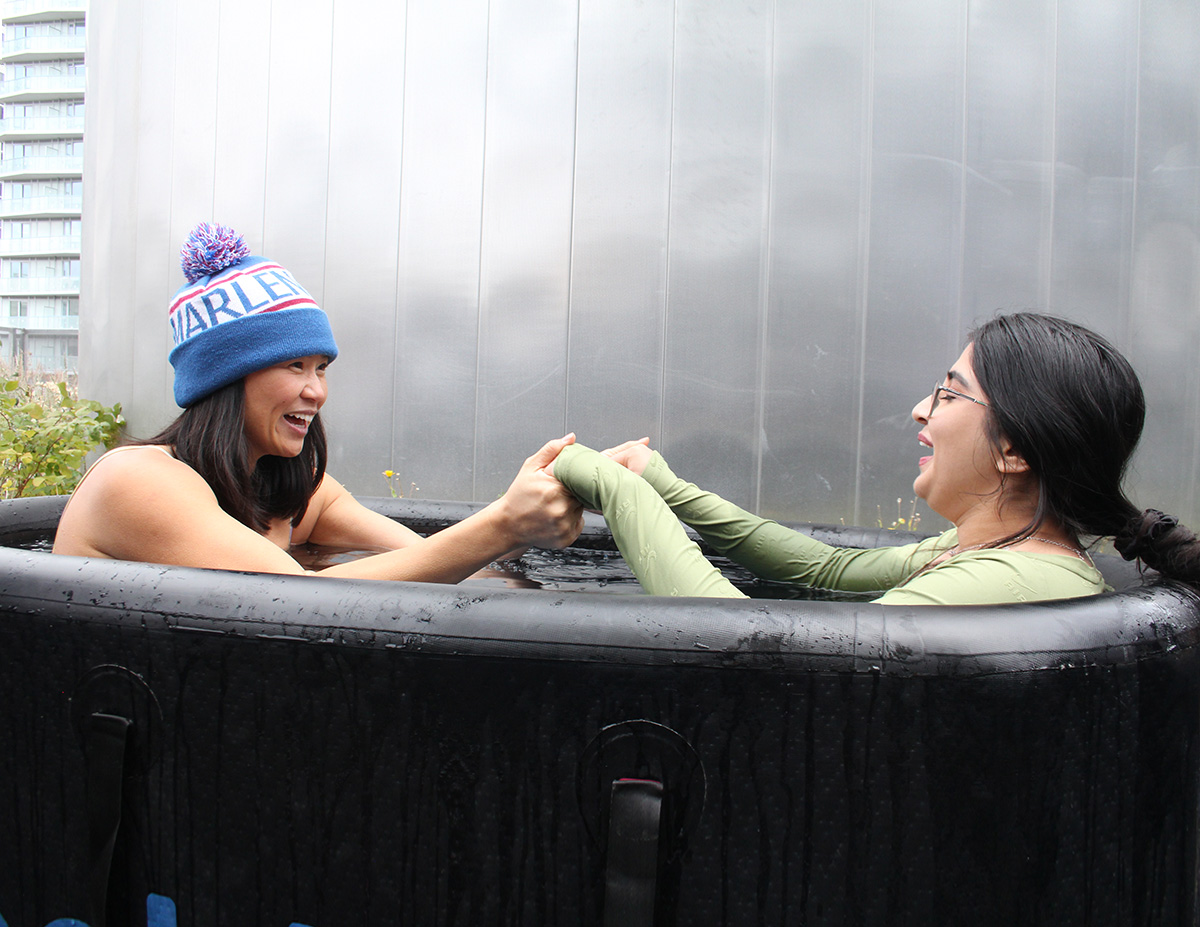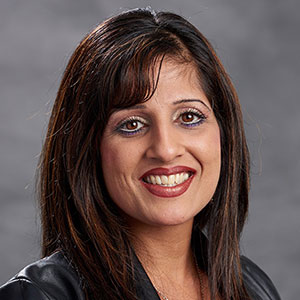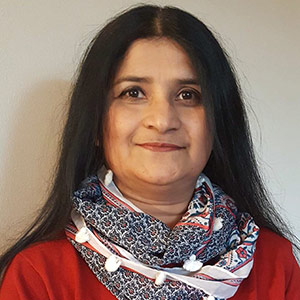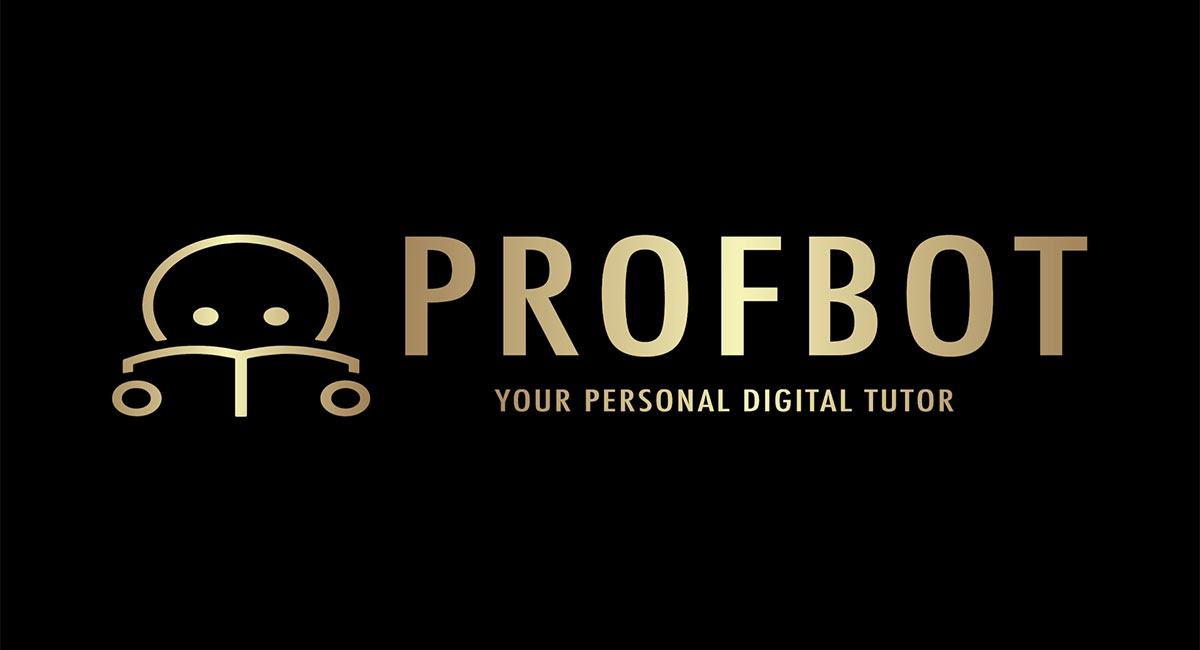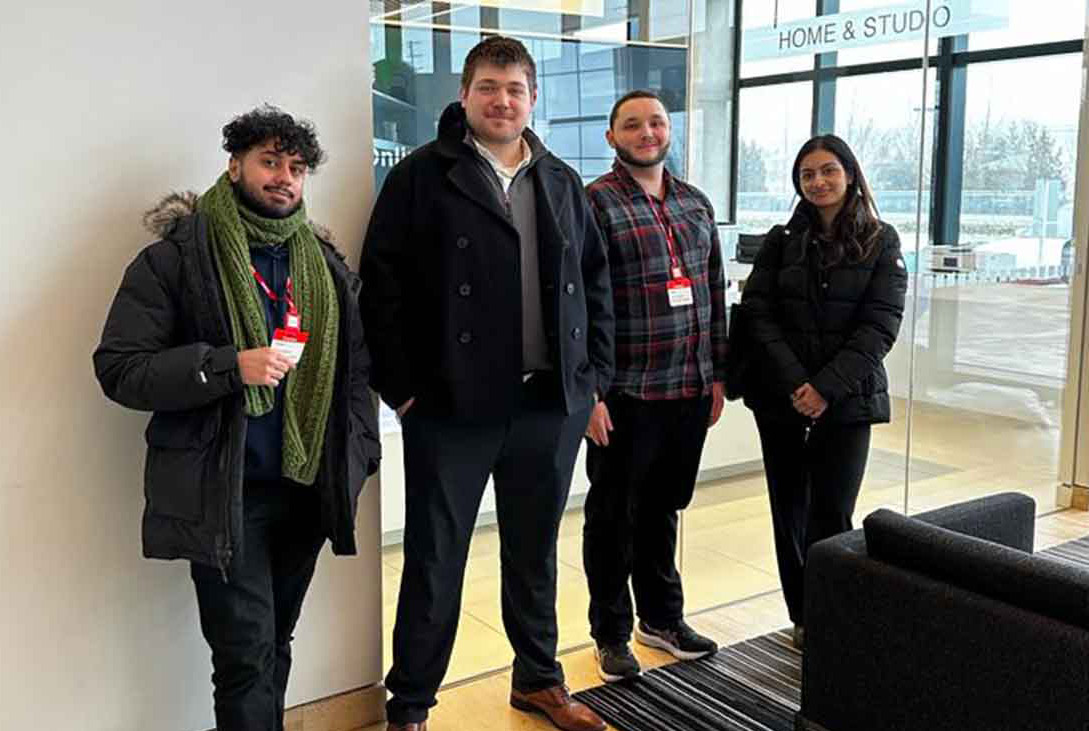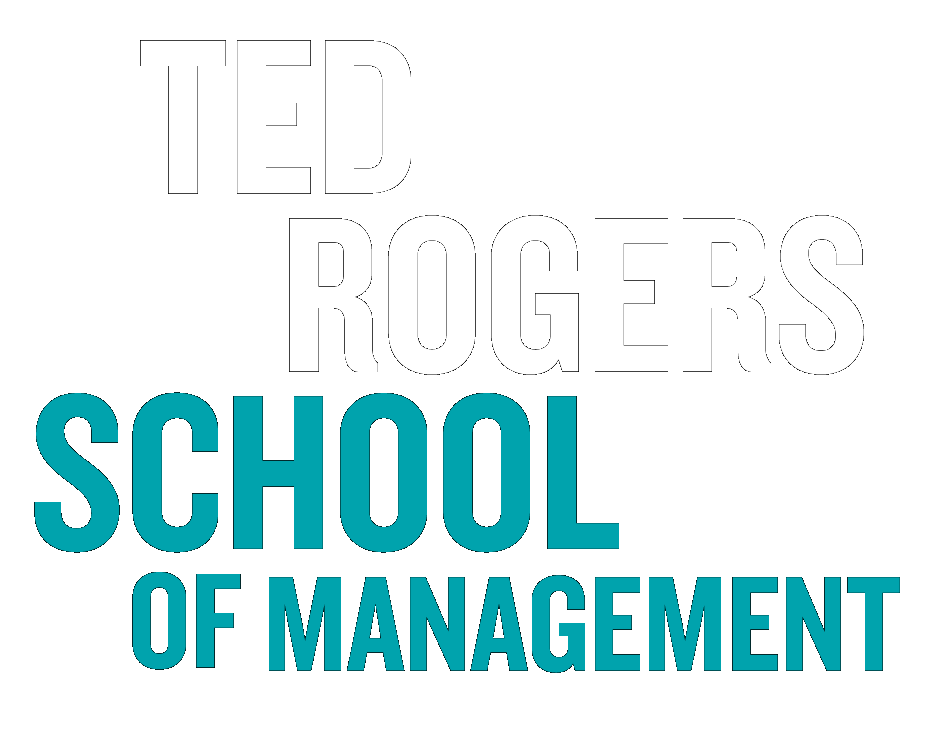Ted Rogers MBA students have been known to go the distance for experiential learning, but a group of 23 MBA candidates went all the way to Argentina in spring 2023.
The International Experience Capstone (MB 8018), which was introduced in 2021, allows students to gain an understanding of a specific cultural, business, political and economic environment impacting businesses. Under the guidance of a Ted Rogers School faculty member, students work with a community group or business to transfer knowledge or solve a problem.
The capstone is the culmination of the students’ MBA studies, explained Dr. Donna Smith, the former graduate program director of the MBA program and faculty member who taught the International Experience Capstone course. It integrates everything they have learned over the program – from strategy to operations to sustainability – and puts it all together to find a solution for companies.


